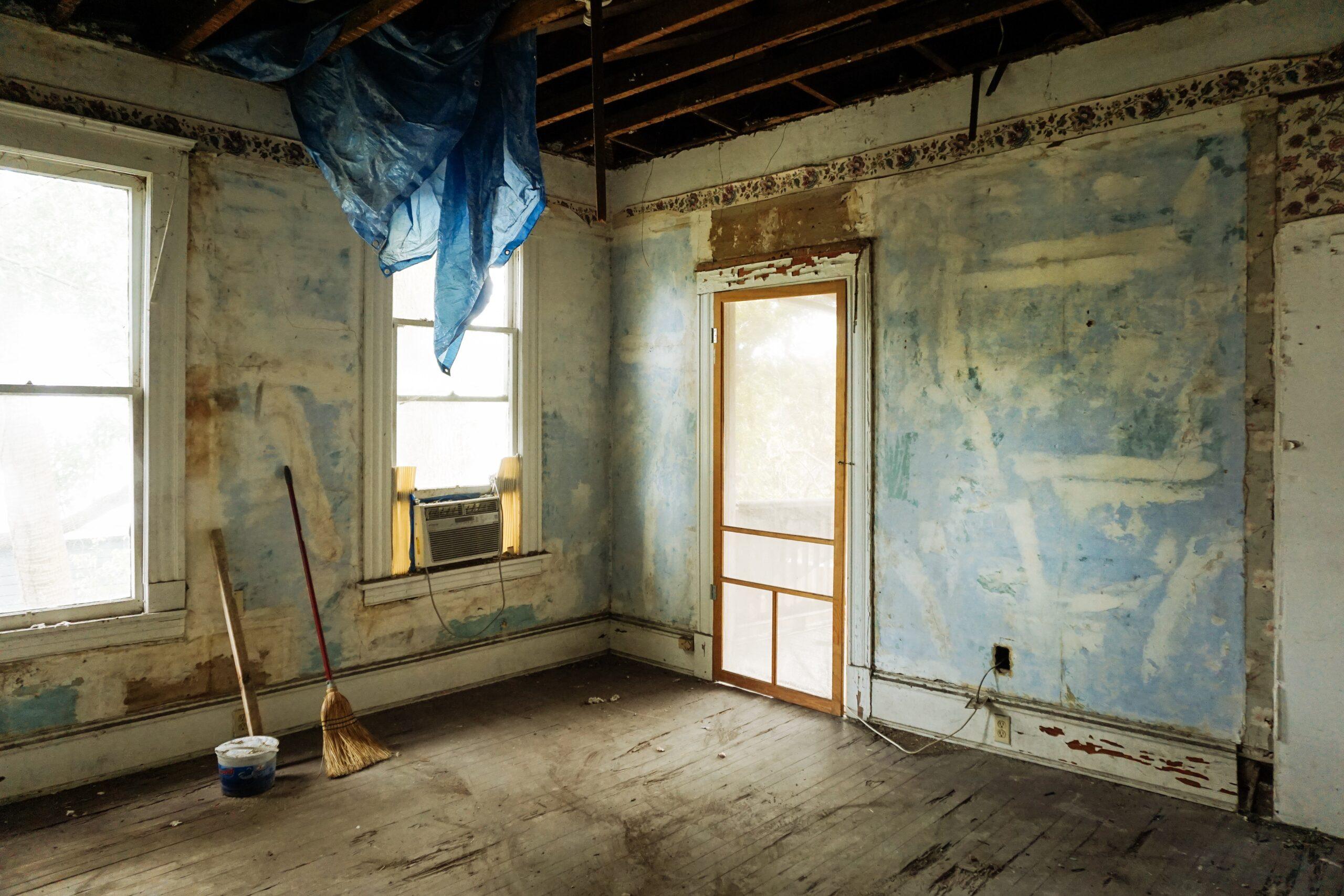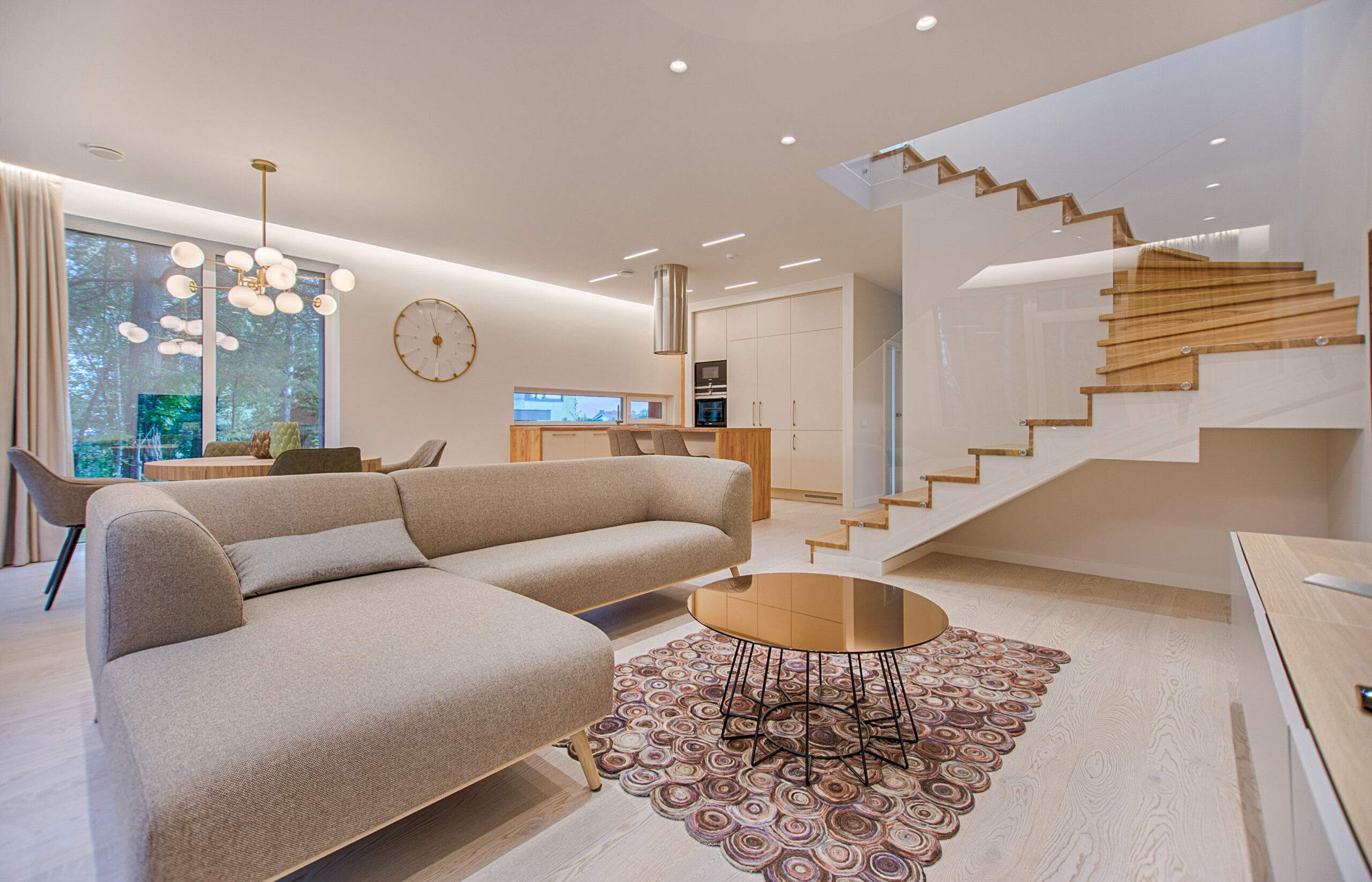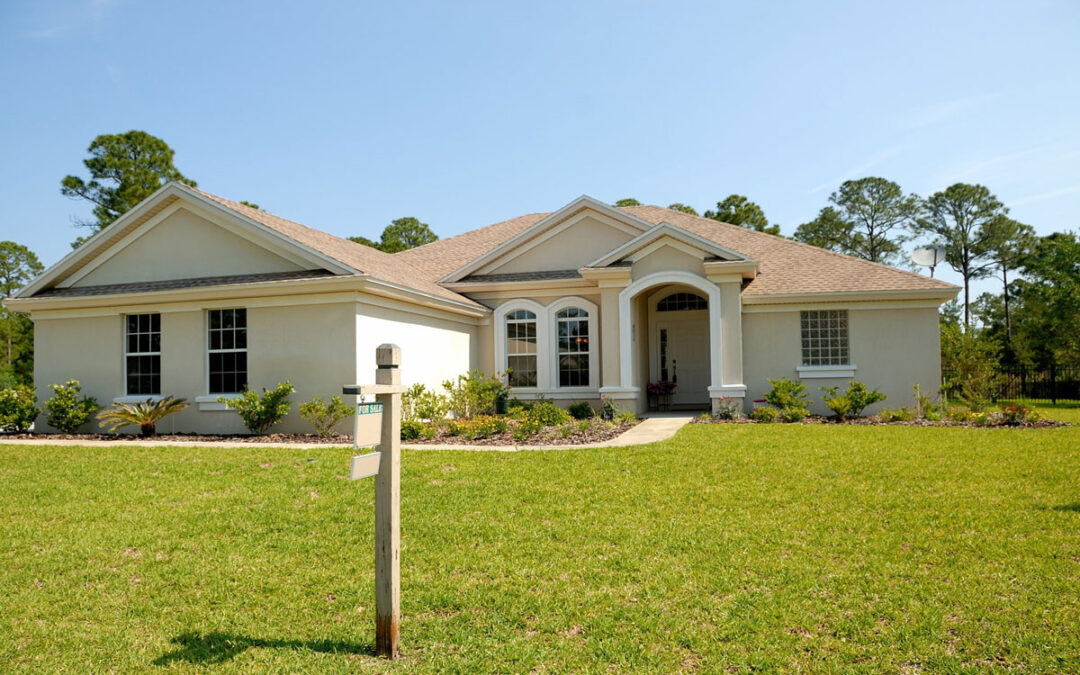Everyone is questioning COVID-19’s (Coronavirus 2019) effect on the housing market and whether or not it will crash in the upcoming months. While it is still questionable if it will indeed crash, one of the first indicators was found in the AirBnB market. Those who use or invest actively in AirBnBÂ know that less travel means less use for the short-term market. This has left hosts in a wedge where they are still on the hook for mortgages, and leases with no income to cover expenses. While the company has been trying to offer relief to AirBnB hosts, some complain that it will not be enough to cover the losses that they are suffering during this pandemic. With AirBnB planning to go public, this could be disastrous for the company.
When COVID started spreading across the United States, many plans, purchases, trips, and parts of life came to a grinding halt. For AirBnB hosts, this came in mid-March when renters cancelled $1.5 billion worth of bookings. Host’s calendars were wiped clean, putting them in a position where they needed to adjust their strategies to keep income from disappearing completely. Some have turned properties into long-term rentals, office spaces, event spaces, and more. While this has helped, many hosts find that they will need extra help paying their overhead. AirBnB is offering $250 million of compensation to their hosts for losses. Long-tenured hosts are eligible to apply for up to $5,000 in grants. However with all of the damage, some hosts are opting to sell their property.
There are multiple strategies to investing into AirBnB apartments. Some rent the apartments and then sublease them out as short term rentals. These renters are stuck with a lease and have had to find other ways to use the space. Some hosts have decided to cut losses and sell. Onlookers and investors could feel panic about this notion, assuming this could cause ripples in the entire housing market. Currently, there are about 850,000 single-family homes that are AirBnB offerings. That is only 0.8% of the nation’s single-family home inventory. If a substantial percentage of AirBnB properties were placed on the market it would most likely offer a relief to the long-term shortage of inventory in the housing market. Nevertheless, this would not be a significant enough change that we can justify a crash.
As states begin their reopening phases, it will be an interesting area to keep an eye on. Will we see large changes in the market or just small shifts? Time will tell.
Thank you for reading and we welcome your input on the topic or what else you would like to see. Please leave us a message in the comments or on social media.Â





0 Comments